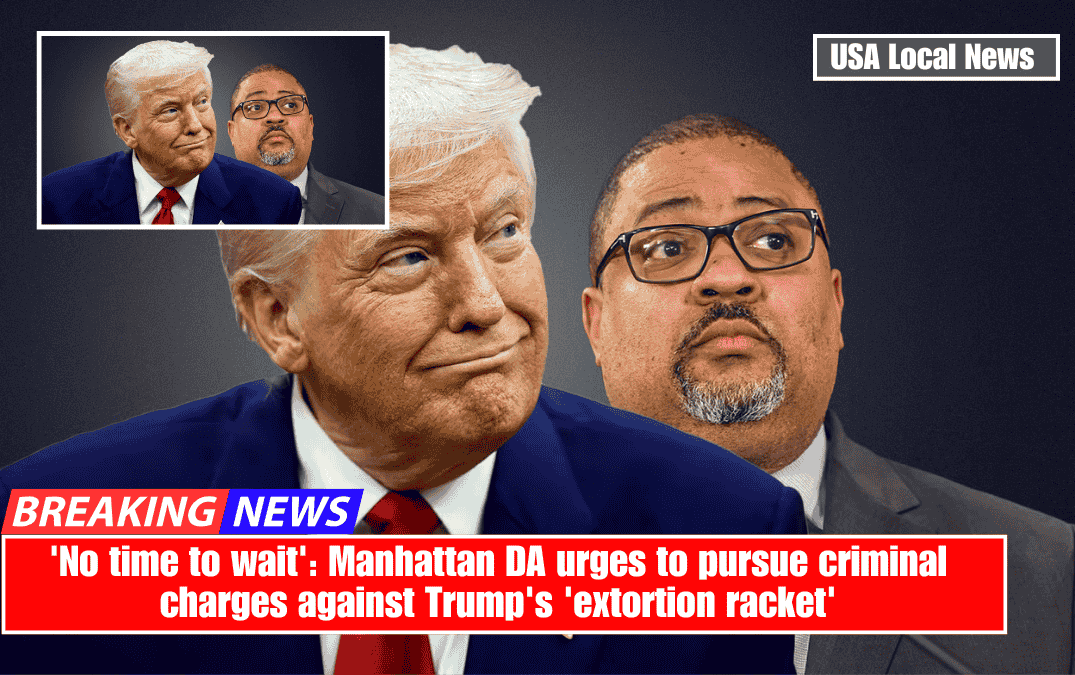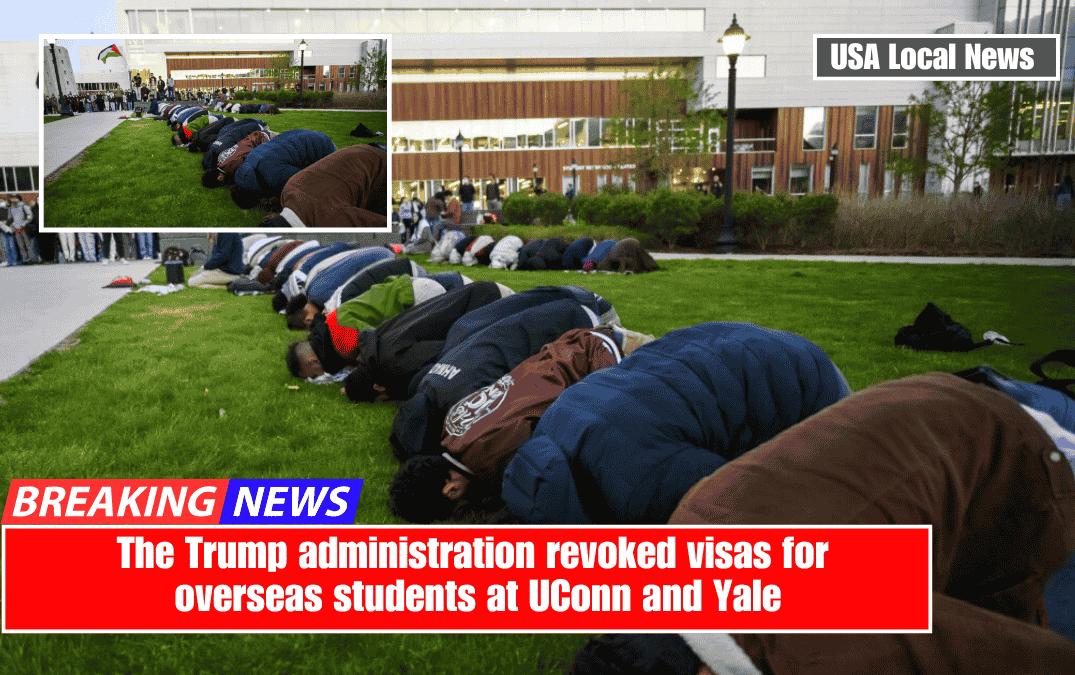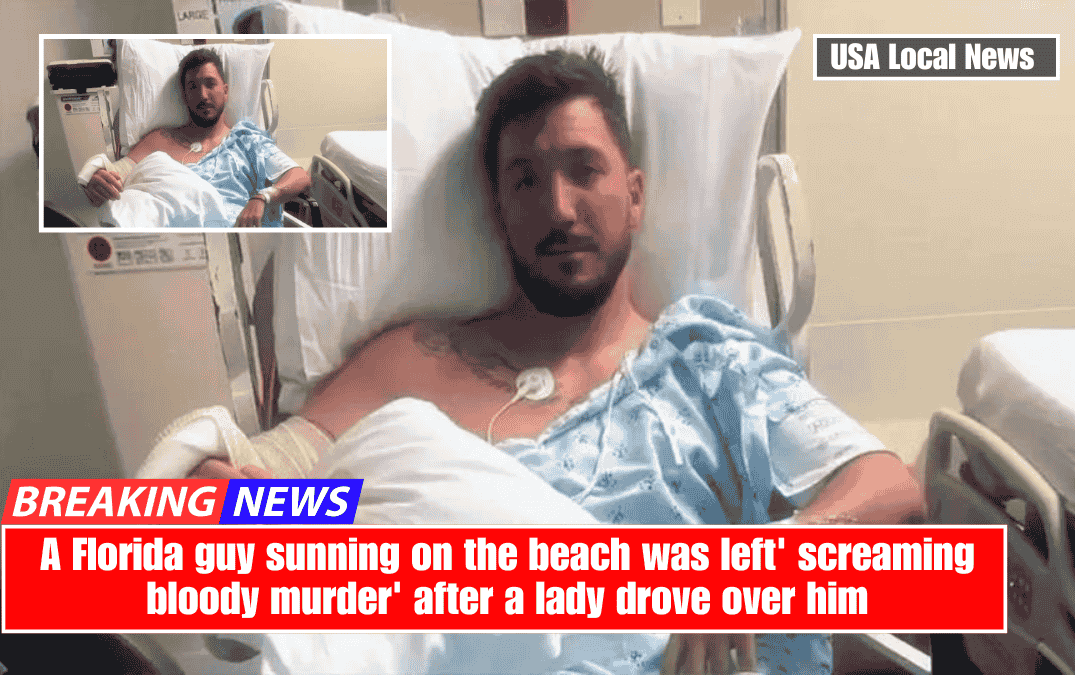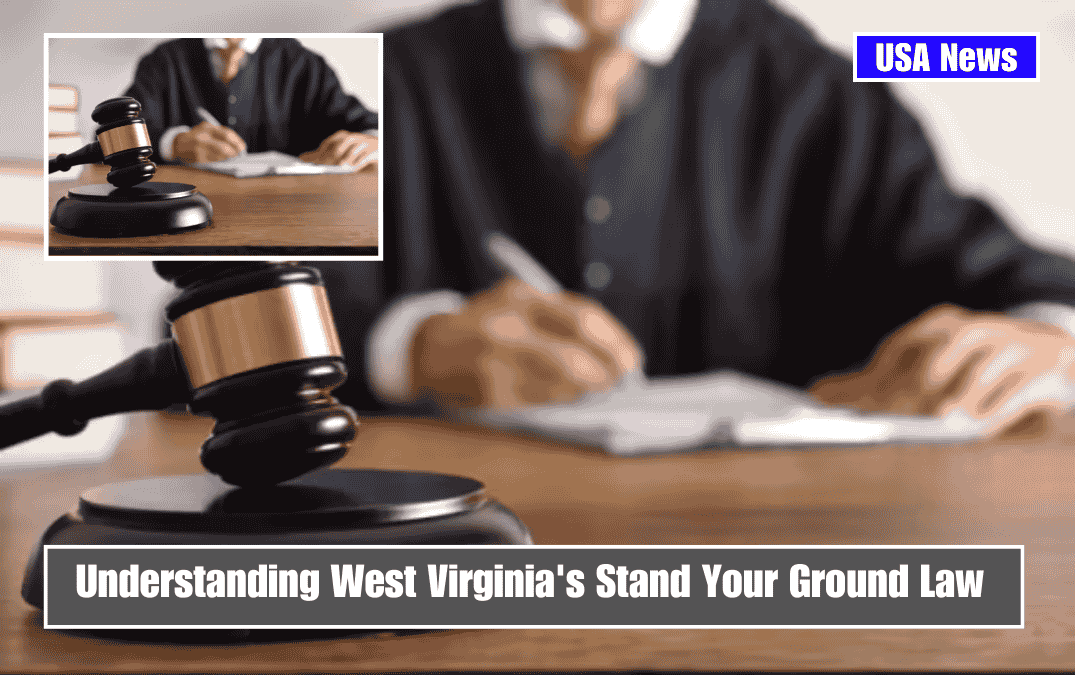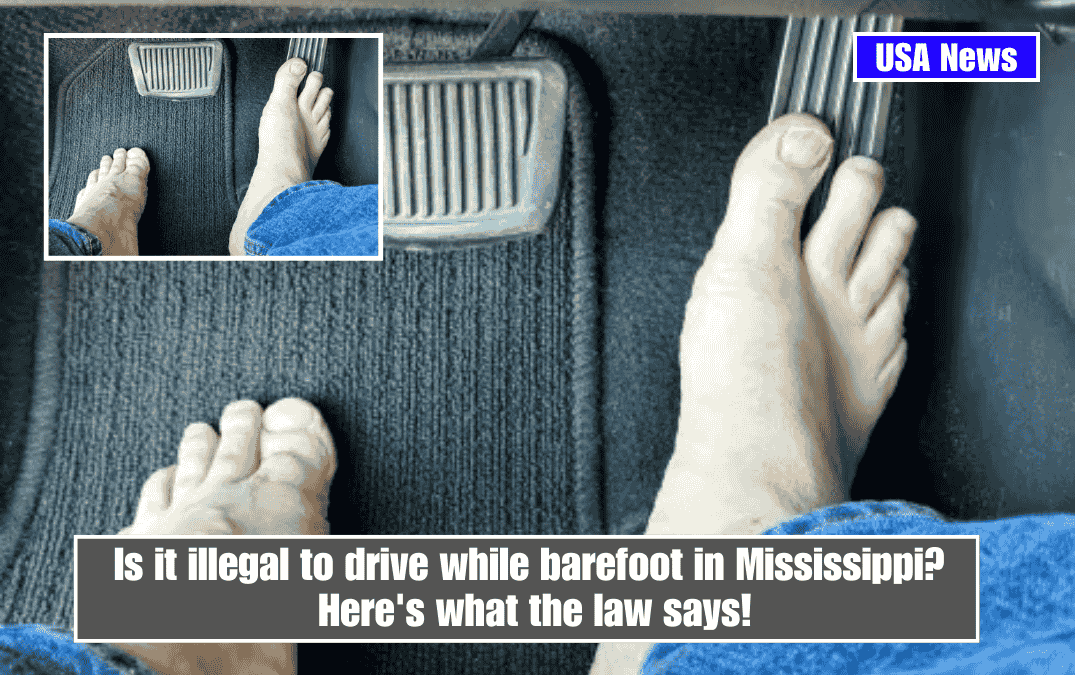Manhattan District Attorney Alvin Bragg obtained the only legal conviction against now-President Donald Trump in a series of criminal cases against him, under an obscure bookkeeping fraud statute, for making hush payments to an adult film star to keep damaging information from voters during the 2016 election.
Jonathan Zasloff wrote in Slate that he should now file another case against him.
Zasloff argues that the case should focus on Trump’s “deals” with law firms that represented anti-Trump clients to change their policies in favor of the president in exchange for exemption from executive orders that would prevent them from receiving federal contracts.
This arrangement is a clear example of criminal extortion. While some law firms are resisting these orders, others have succumbed to Trump’s pressure.
“What Trump is doing to these firms — first Perkins Coie; then Paul, Weiss; then Covington & Burling; then Jenner & Block; then WilmerHale — has for the most part been treated as a political scandal and a threat to the First Amendment, which it is,” according to Zasloff. However, there is a legal term for what Trump is doing: extortion.
He is threatening to shut down businesses not because they are engaging in illegal activity, but because they are resisting him through legal means. Trump’s message is straightforward: You have a nice law firm here; it would be a shame if something happened to it. This is an extortion ring run directly from the Oval Office.”
Paul, Weiss, one of the law firms, is headquartered in New York, so state law applies. In New York, extortion is defined as misdemeanor “coercion,” where someone “compels or induces a person to engage in conduct which the latter has a legal right to abstain from engaging in, or to abstain from engaging in conduct in which he or she has a legal right to engage” using, among other things, the fear that person will cause “damage to property” or “use or abuse his or her position as a public servant by performing some act within or related to his or her off
This is eerily similar to what Trump is doing, Zasloff wrote.
“He compelled the firm to cease engaging in legal activity that it had a right to engage in (practicing law on behalf of its clients) by threatening damage to Paul, Weiss’ property — its business — and by threatening to abuse his position, denying the firm security clearances and blocking their access to federal property,” according to his letter.
“Trump himself did not gain control over Paul, Weiss by extorting it to take a deal involving $40 million of friendly services from the firm and a change in its hiring practices, but the statute says he does not have to.”
Prosecuting Trump again will be extremely difficult, according to Zasloff, partly because the Justice Department claims sitting presidents cannot be indicted, and partly because the Supreme Court imposed strict limits last year on prosecuting even former presidents for “official acts.” However, Bragg must try to uphold his state’s laws regardless, he added.
“There is no time to wait,” Zasloff wrote. “Bragg should present this case to a grand jury, and if they indict, they indict. If Trump claims that he cannot be indicted, or that Trump v. United States allows him to use the federal government’s power on a vendetta against his political opponents, and the Supreme Court agrees, we will have some confirmation that the Constitution is a dead letter and the rule of law has all but vanished.”
